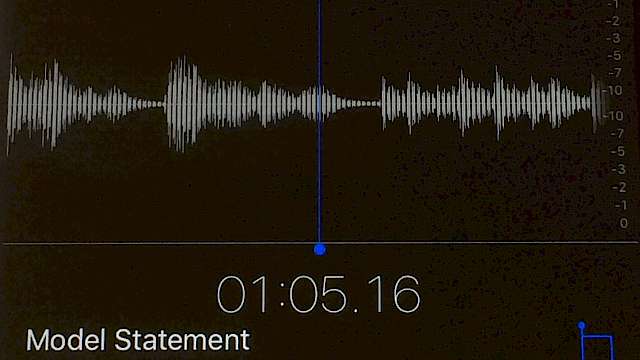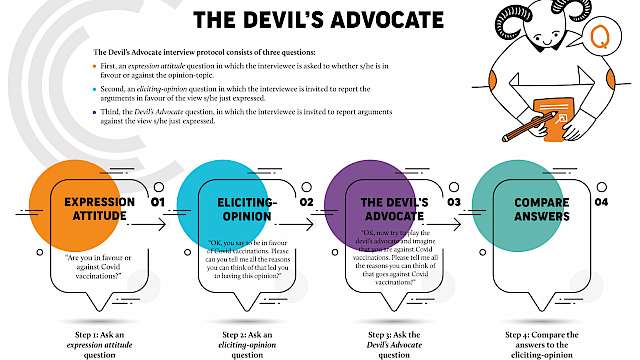A consistent finding in deception research is that liars prepare themselves for anticipated interviews. They do so by preparing possible answers to questions they expect to be asked.
This strategy of preparing answers for possible questions makes sense since planning makes lying easier and planned lies typically contain fewer verbal cues to deceit than spontaneous lies.
Preparing for anticipated questions makes lying easier and planned lies contain fewer cues to deceit than spontaneous lies. But this strategy is only successful if liars can anticipate what questions will be asked.
However, preparing for questions has limitations. It will be a successful strategy only if liars correctly anticipate which questions will be asked. Investigators can exploit this limitation by asking questions that liars do not anticipate.
This guide details why the Unexpected Question Technique works and how to use it, with good and bad examples of questions, for single and multiple interviewees.
Copyright Information
As part of CREST’s commitment to open access research, this text is available under a Creative Commons BY-NC-SA 4.0 licence. Please refer to our Copyright page for full details.






